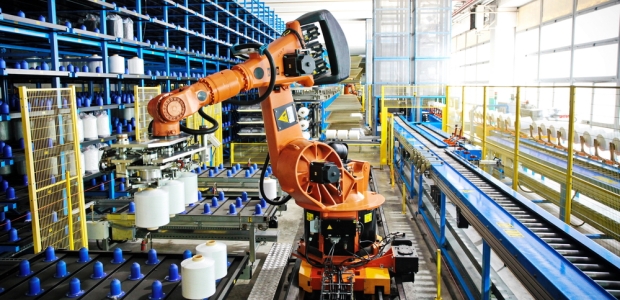
ILO's Future of Work Initiative Moves Toward Second Phase
The challenges to address include rising inequality, how to create millions of needed jobs every year, and the accelerating use of industrial robots.
The International Labour Organization's Future of Work Initiative is moving toward its second phase, as parties involved examine ways to address challenges that include rising inequality, how to create millions of needed jobs every year, climate change, and the accelerating use of industrial robots. "The deployment of industrial robots is rapidly intensifying," according to ILO, "with the potential to change production processes worldwide."
To understand and to respond effectively to these new challenges, ILO Director-General Guy Ryder launched the initiative. The unit in charge of the Future of Work initiative seeks to involve the ILO's tripartite constituency fully and universally and to reach out to the academic world and to all other relevant and interested parties.
In 2016, all ILO member states were invited to undertake national "future of work" dialogues structured around four "centenary conversations," which were work and society, decent jobs for all, the organization of work and production, and the governance of work. A High Level Global Commission on the Future of Work will be established during 2017 to examine the output from the national dialogues and other input it may consider necessary, and a report and recommendations will be published during 2018. During the first half of 2019, member states will be invited to organize events to mark the ILO's centenary and to discuss the report.
The culmination of the initiative will be the 2019 International Labour Conference, with the possible adoption of a Centenary Declaration.